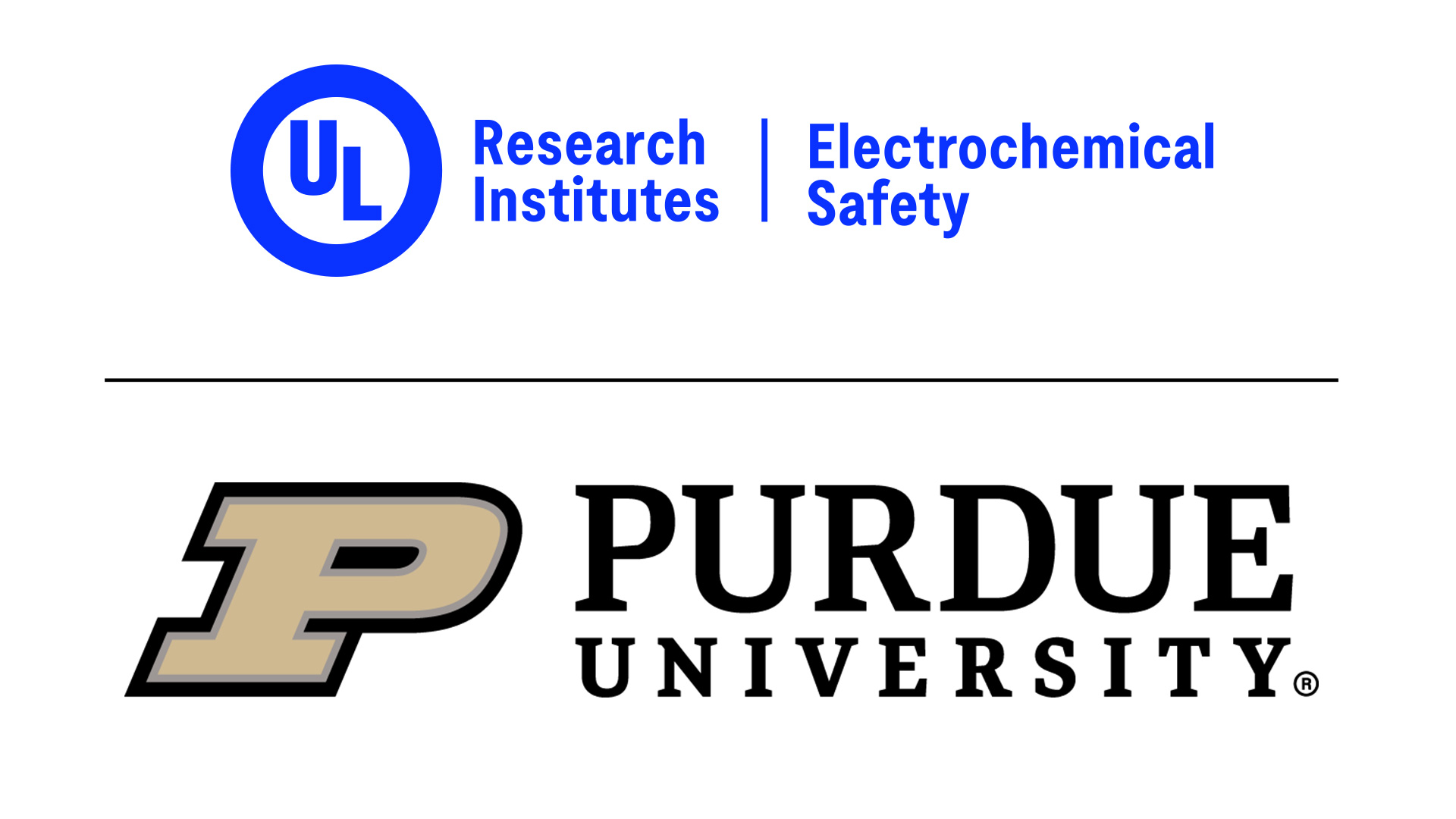Purdue joins forces with UL Research Institutes to create new battery safety research center

 ESRI is a division of UL Research Institutes (ULRI), the country's leading independent safety science organization since 1894.
ESRI is a division of UL Research Institutes (ULRI), the country's leading independent safety science organization since 1894.
Building on existing research by Purdue University and ESRI, CARES will focus on developing a holistic understanding of safety science in energy storage. Initial projects will study promising alternate and next-generation battery chemistries, including sodium-ion, solid-state, and liquid-based metal batteries.
Dr. Partha Mukherjee, professor of Mechanical Engineering, will serve as CARES director and lead principal investigator (PI) on behalf of Purdue, and ESRI’s vice president and executive director, Dr. Judy Jeevarajan, will serve as lead PI on behalf of ULRI, which has committed to funding CARES with an investment of $4.5 million over the next three years.
“At ESRI, we explore how the world can benefit from innovative and new renewable energy technologies, while minimizing the risks to people and the planet,” said Dr. Jeevarajan. “We are excited to partner with Purdue on CARES, because together, we will be able to make greater strides toward the goal of safer and more sustainable energy storage.”
CARES will carry out much of its research in the Energy and Transport Sciences Laboratory, of which Dr. Mukherjee is the lab director and founder, in the School of Mechanical Engineering at Purdue University. The center will involve the participation of Purdue faculty, researchers, and students and ULRI researchers. CARES will also collaborate with other universities, research centers, educational institutions, private entities, commercial entities, and not-for-profit entities.
“CARES will be greater than the sum of its parts,” said Dr. Mukherjee. “By bringing together the expertise we have at Purdue and ESRI, along with our key collaborators, we will innovate and connect our research to advance the frontier of safety science in energy storage.”
The center’s first steps will include establishing a technical advisory committee and developing projects on the three initial research areas. As part of the CARES agreement, ESRI will also provide training and education on the safety of batteries and energy storage systems to industry professionals, government officials, and the public to raise awareness of battery safety issues and promote the adoption of safe practices.
This isn’t the first time ESRI and Purdue University have partnered to advance research. They are currently working together on several projects related to safety in lithium-ion batteries, including fast charging, internal shorts, and thermal runaway.
Their ongoing collaboration also extends to ensuring the next generation of researchers have access to opportunities for scientific education and exchange of ideas. Purdue’s student chapter of the Electrochemical Society (ECS) was founded in 2019 under the guidance of Dr. Mukherjee, and Dr. Jeevarajan serves as an advisor to the group.
Source: Partha Mukherjee, pmukherjee@purdue.edu
